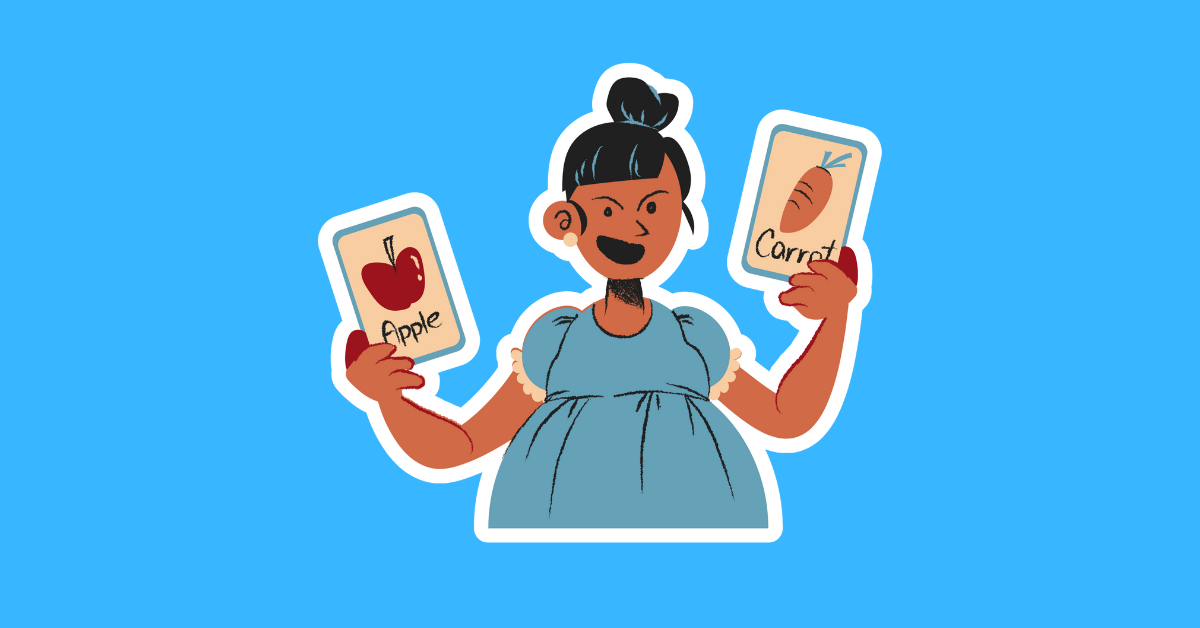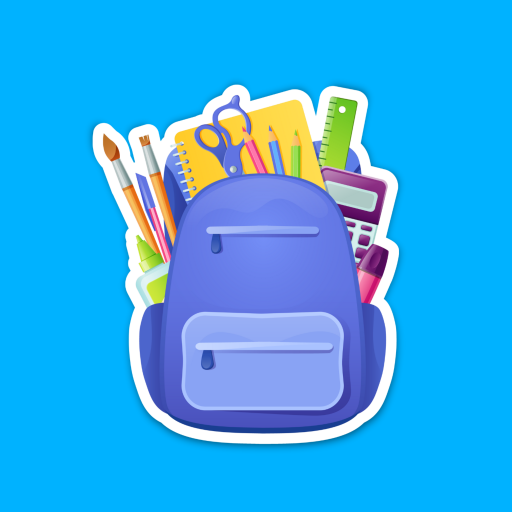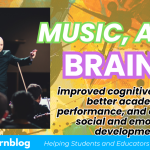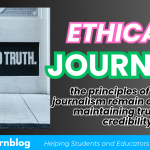Flashcards are widely regarded as one of the most effective study tools, praised for their simplicity, versatility, and proven results in enhancing learning.
The primary reason for their effectiveness is active recall, which is the process of retrieving information from memory. Active recall has been shown to strengthen neural connections, improving long-term retention.
Unlike passive activities like reading or highlighting, flashcards encourage learners to actively engage with the material by testing their memory, leading to better retention and a deeper understanding of the content.
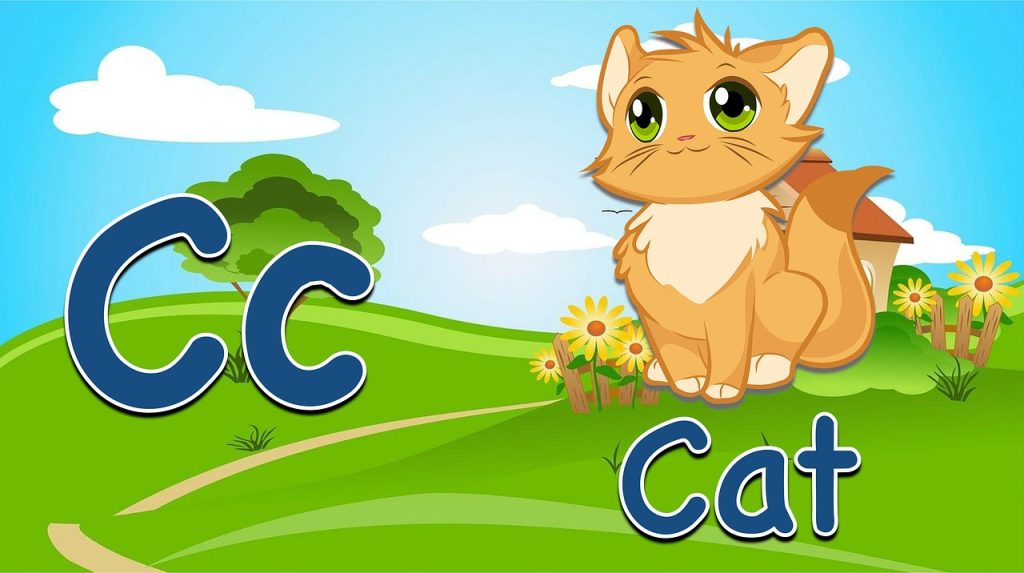
Another key advantage of flashcards is the use of spaced repetition, a technique where information is reviewed at increasing intervals over time.
This method helps combat the forgetting curve, ensuring that material is revisited just before it is likely to be forgotten. Digital flashcard platforms like Anki and Quizlet make spaced repetition easy by automatically adjusting the review intervals based on how well a learner knows each card.
This maximizes learning efficiency and reduces the time spent on material that has already been mastered.
Flashcards also offer unmatched portability and flexibility. Whether in physical form or through digital apps, they can be studied anytime, anywhere.
This convenience allows learners to make the most of idle moments throughout their day, such as during commutes or while waiting in line. Digital flashcards often come with additional features like audio, images, and links, which further enhance the learning experience by making it more engaging and multi-sensory, particularly useful for subjects like language learning.
Moreover, flashcards allow for targeted study, enabling learners to focus on specific areas where they struggle. Unlike traditional textbooks or lectures that present information broadly, flashcards can be customized to emphasize key concepts, terms, or facts that require more attention.
This targeted approach helps learners concentrate their efforts on areas of difficulty, optimizing their study time and increasing the likelihood of mastering challenging material.
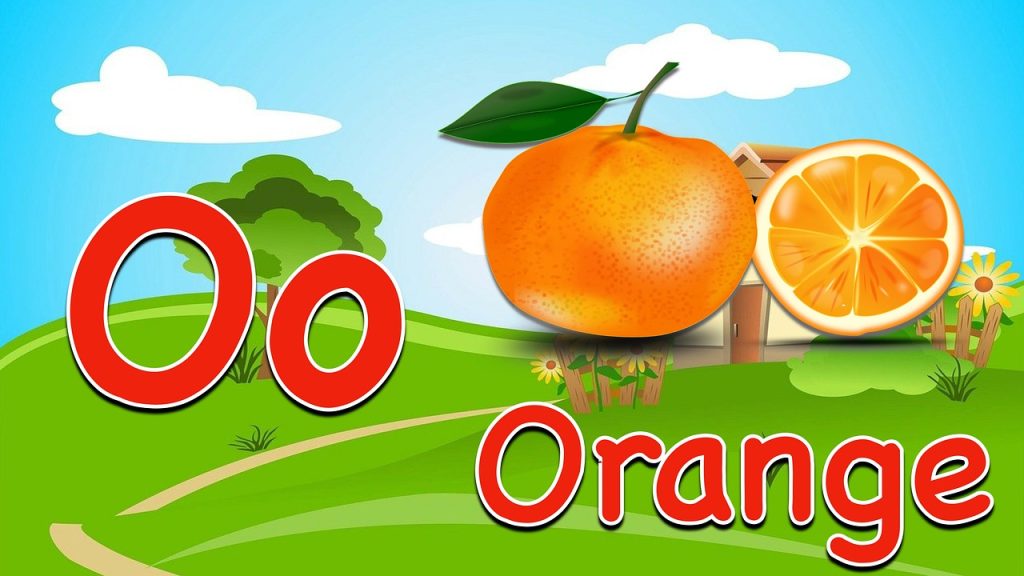
Lastly, flashcards provide immediate feedback, which is crucial for self-assessment and tracking progress. When using flashcards, learners can instantly determine whether they got an answer right or wrong, allowing them to adjust their study strategies in real time.
This immediate reinforcement fosters confidence and encourages a sense of mastery as learners successfully recall information. The act of testing oneself with flashcards also promotes active learning, increasing understanding and critical thinking while ensuring that knowledge gaps are addressed before they become obstacles.
Having this, flashcards is a possible equipment for someone to get engaged and enjoy especially when we are using it for education to learn.
